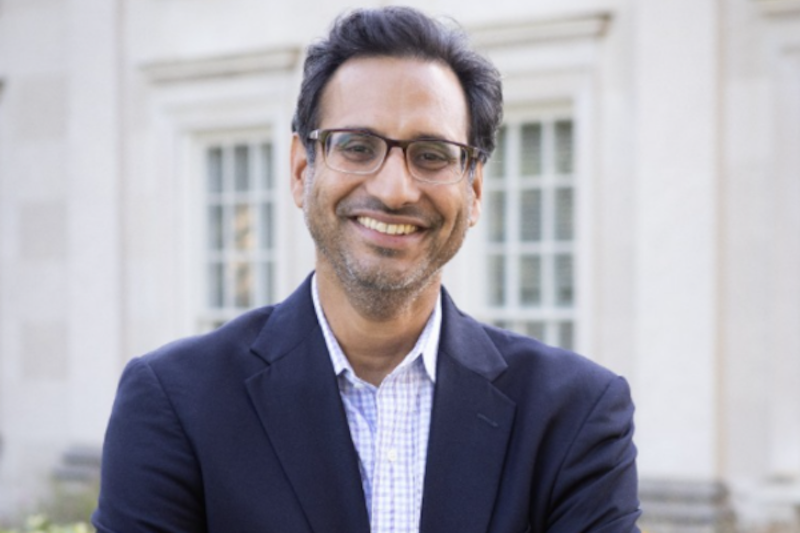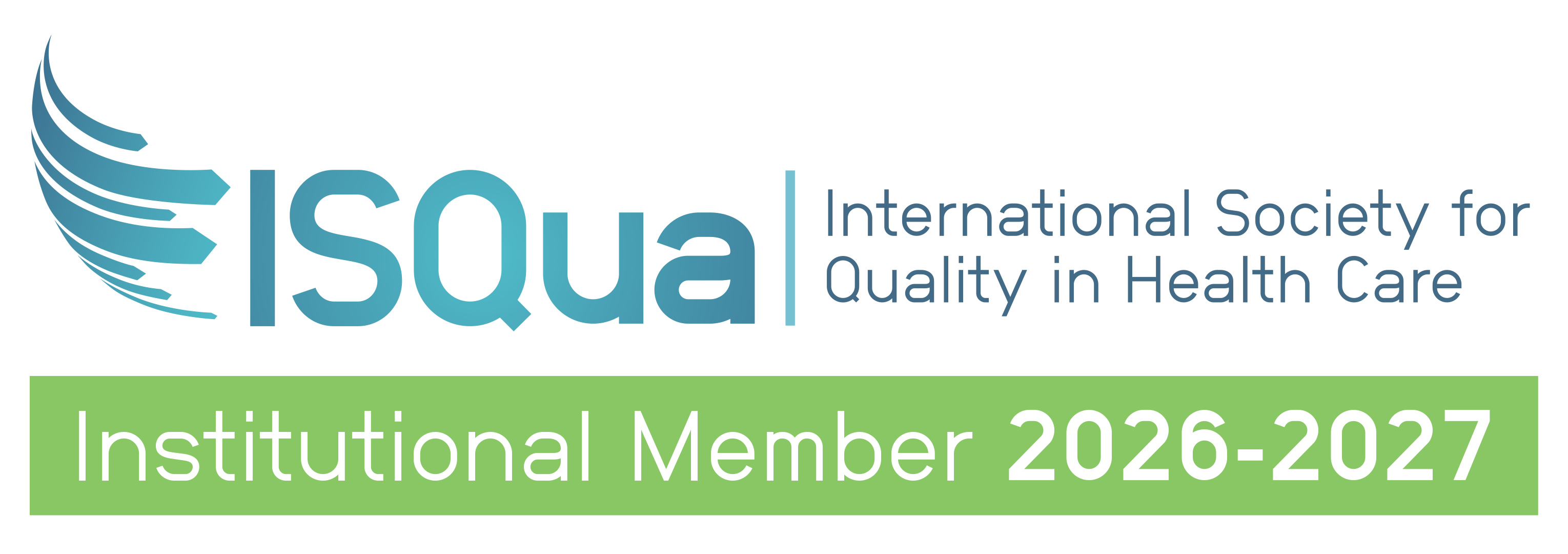
Can the shift to the gig economy improve quality of care?
Masterclass guest speaker, Dr Kedar Mate brings a new perspective on how shifts to the gig economy can help improve the quality of care.
During a discussion between Improvement Academy Director, Assoc Prof Bernie Harrison and Chief Executive Officer at the Institute for Healthcare Improvement (IHI), Dr Kedar Mate we reflected on what the shift to the gig economy means for the delivery of quality care.
The healthcare gig economy is a phenomenon that has gained increasing momentum particularly in the United States over the last years.
“People are doing jobs on a ‘per diem’ or on an as needed basis. They choose when they work; they choose how they work; and they use their existing resources” said Dr Mate.
“We're now seeing people especially in the nursing and the allied health professions actually start to enter into these kinds of arrangements where they were participating in the workforce in a gig way,”
According to Dr Mate three out of ten nurses in the United States have left the profession in the last two years with an increasing number joining staffing companies where they have flexibility to pick shifts and where they work.
“This is a very a big disruption in workforce and our health systems are trying to accommodate this and trying to figure out how to live with the notion that their staff might not be their permanent staff any longer, that they might have iterative workers coming in and out of their systems,” said Dr Mate
“I think from a quality and safety perspective there's a tremendous amount of risk in this, you can just imagine if your nursing pool is not stable, how do you create standards, how do you ensure that people are meeting those standards, how do you maintain safety culture in your environment and how ultimately you provide a similar standard of high-quality excellent care?”
In responding to the challenges of the gig economy, Dr Mate believes that there are opportunities to strengthen the quality and safety of care.
“I think actually perversely the gig economy in healthcare might be the very stimulant that helps us create more reliable systems.”
Drawing on examples of aviation, Dr Mate reflects on what operating reliable systems with a non-standard team looks like.
“When I got onto my Qantas flight not many hours ago in Los Angeles the people that were on my Qantas flight the stewards and the pilots and co-pilots had probably never worked together in that specific combination before,”
“Some of them probably had just met each other for the first time, but they able they were able to safely fly that airplane from Los Angeles to Melbourne,”
“The team is non-standard but the aeroplane is standard, so applying this to healthcare for a moment, if you're not sure who the staff is going to be on your nursing service unit on a given night or on a given day, that creates a tremendous amount of variability, unless the service unit is like an aeroplane where there is a lot more standard than it presently is,”
“When we're faced with challenges like the pandemic, systems fall apart because we've allowed this level of non-standard activity in our systems,”
“There's a lot more that we could do to standardise aspects of our care systems.” said Dr Mate
Thank you to Dr Kedar Mate for joining us and sharing his ideas and experiences. The Improvement Academy regularly host member exclusive Masterclasses that feature an influential public figure who have led key projects, research and/or field work within the healthcare space. If you work at an organisation that is a member of ACHS, you are warmly invited to attend these live events.
You can learn more and listen our previous Masterclasses in full on our e-learning Platform

